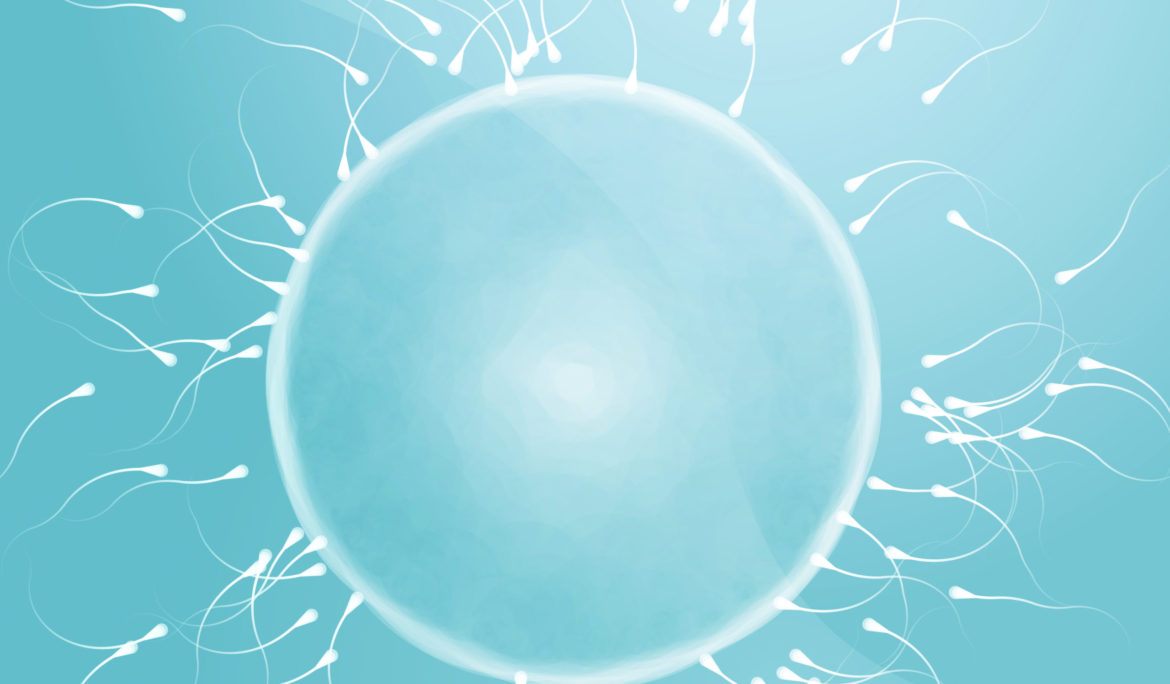Can Having Sex Too Frequently Lower Sperm Quality?


Daily ejaculation may slightly reduce sperm concentration but generally has no negative impact on sperm quality for healthy men.
| Frequency of Intercourse | Impact on Sperm Quality |
|---|---|
| Daily Intercourse | May slightly reduce sperm concentration, especially for men with lower sperm counts, but generally safe for healthy men. |
| Every Other Day | Optimal for sperm quality and quantity, particularly during the fertile window. |
| Several Times a Day | Frequent ejaculation can lower sperm count temporarily, but usually has minimal long-term effects on sperm health. |
| Infrequent Intercourse | Sperm concentration may be higher, but quality (motility and DNA integrity) may decline if too much time passes. |
Couples trying to conceive often wonder about the ideal frequency of intercourse and whether having sex too frequently can impact sperm quality. While daily ejaculation can temporarily lower sperm concentration, it doesn’t necessarily reduce the chances of conception for healthy men. In this article, we explore how frequency affects sperm quality, the science behind sperm production, and recommendations for optimal timing when trying to conceive.
How Does Ejaculation Affect Sperm Quality?
Sperm quality is determined by several factors, including sperm count, motility (movement), morphology (shape), and DNA integrity. Ejaculation frequency can temporarily influence these factors, primarily sperm count. Here’s how:
- Sperm Count: Frequent ejaculation (daily or multiple times a day) can slightly reduce sperm concentration, particularly for men with low sperm counts. This is because the body may not have enough time to replenish a high concentration of sperm between ejaculations.
- Sperm Motility and Morphology: Regular ejaculation doesn’t negatively impact sperm motility or morphology in healthy men. Studies suggest that sperm motility and shape are typically maintained with regular ejaculation, although very frequent ejaculation may slightly impact motility over time.
- DNA Quality: Ejaculation frequency can improve sperm DNA integrity. Long periods without ejaculation may lead to oxidative stress, which can damage sperm DNA. Therefore, frequent ejaculation (every 2–3 days) may actually help improve DNA quality by reducing oxidative stress.
How Often Should You Have Sex When Trying to Conceive?
The optimal frequency of intercourse for conception is every other day during the fertile window (the five days leading up to ovulation and the day of ovulation itself). Here’s why this timing is effective:
- Every Other Day Strategy: Having intercourse every other day balances maintaining high-quality sperm while ensuring that sperm is present when ovulation occurs. Sperm can live in the female reproductive tract for up to five days, so timing intercourse during this period ensures sperm availability.
- Daily Intercourse During the Fertile Window: For men with healthy sperm counts, daily sex during the fertile window doesn’t significantly impact the chance of conception. In fact, research suggests that daily sex may slightly increase the likelihood of conception.
- Infrequent Intercourse: While infrequent ejaculation may lead to higher sperm concentration, sperm quality may decrease due to DNA fragmentation or reduced motility. Therefore, having intercourse at least every 2–3 days is generally recommended to maintain sperm health.
Pros and Cons of Frequent Ejaculation
Pros:
- Prevents Oxidative Damage: Regular ejaculation reduces the risk of oxidative stress, which can impact sperm DNA quality. Regular sperm replenishment supports healthier DNA integrity.
- Keeps Sperm Fresh: Frequent ejaculation helps keep sperm fresh, which is beneficial for sperm quality, especially during the fertile window.
Cons:
- Slight Reduction in Sperm Count: Daily or multiple-times-per-day ejaculation can lower sperm concentration, especially in men with already low sperm counts.
- Short-Term Reduction in Volume: Men may notice a decrease in ejaculate volume with frequent ejaculation, though this doesn’t typically impact fertility for men with healthy sperm.
How Does Abstinence Affect Sperm Quality?
While having sex too frequently may impact sperm concentration, too long of an abstinence period also affects sperm quality. Here’s how:
- Decreased Motility: When ejaculation frequency is too low, sperm motility may decrease, as older sperm may have reduced vitality.
- Increased DNA Fragmentation: Prolonged abstinence can increase the chances of oxidative stress, which damages DNA. Regular ejaculation prevents sperm from becoming “stale,” supporting better DNA integrity.
- Optimal Timing: A balanced frequency, around every 2–3 days, tends to maintain the best sperm quality and reduces the chances of DNA damage.
Conclusion
For most men, having sex every day or every other day during the fertile window is safe and effective, with no negative impact on sperm quality. Frequent ejaculation helps maintain fresh, healthy sperm, while daily sex may reduce sperm count slightly, which typically doesn’t affect fertility in healthy men. Every other day is a generally recommended frequency for couples trying to conceive, as it balances sperm quantity and quality effectively.
Contact Us if you have more questions about fertility, sperm health, or strategies for optimizing conception chances. We’re here to provide guidance and support.
FAQs
-
Does having sex daily lower sperm quality?
- Daily ejaculation may slightly reduce sperm concentration but generally has no negative impact on sperm quality for healthy men.
-
How often should we have sex when trying to conceive?
- Every other day during the fertile window is recommended, though daily intercourse is also safe for healthy men.
-
Can abstinence improve sperm quality?
- Short periods of abstinence may increase sperm concentration, but long abstinence can reduce motility and increase DNA fragmentation.
-
Does frequent ejaculation affect DNA quality?
- Frequent ejaculation may improve sperm DNA quality by preventing oxidative damage from prolonged sperm storage.
-
What’s the best frequency to maintain optimal sperm quality?
- Every 2–3 days is typically ideal, as it supports high-quality sperm and prevents potential oxidative stress.



